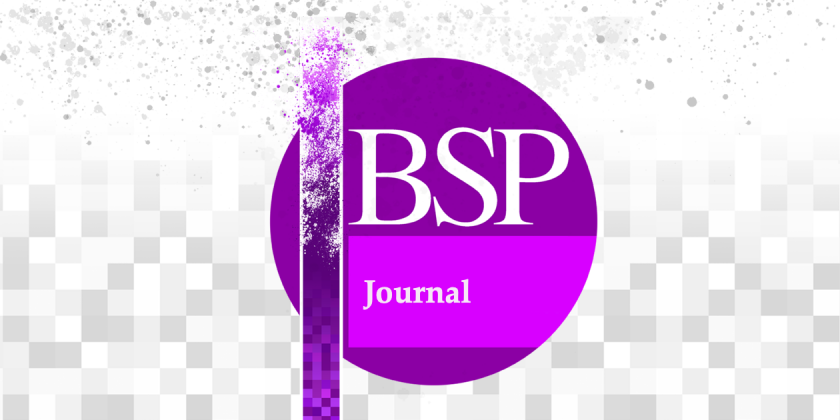Now online, a new article by Giuseppe Flavio Artese (Universität Kassel) for the Journal of the British Society for Phenomenology.
Giuseppe Flavio Artese – ‘Gurwitsch’s Field of Consciousness and Radical Embodied Cognitive Science: A Case of Mutual Enlightenment’: JBSP (Originally published online: 14 Sep 2021).
Abstract: This article tests the waters concerning a possible integration of Gurwitsch’s theory of consciousness into 4E research. More specifically, it is suggested that radical embodied approaches can benefit from Gurwitsch’s distinction between theme, thematic field and margin in order to methodically grasp how contextual and attentional factors can modulate affordance perception. On the other hand, Gurwitsch’s choice to locate the awareness of embodiment (most of the time) in the domain of the margin can generate important theoretical problems in light of empirical evidence often brought up by situated cognition researchers. Following Gallagher’s suggestion that phenomenology and cognitive science can enlighten each other, I argue that Gurwitsch’s notion of a field of consciousness can be an invaluable tool for research on affordances. Nonetheless, at the same time, the results of embodied cognitive science should lead us to revisit some of his intuitions regarding the role of bodily awareness.
Full article: https://doi.org/10.1080/00071773.2021.1977091
Giuseppe Flavio Artese, Institut für Philosophie, Universität Kassel, Kassel, Germany
Accessing the JBSP Online: The online version of the Journal of the British Society for Phenomenology publishes articles in advance of the print edition. Articles can be accessed via our publisher’s website: JBSP at Taylor & Francis Online. Access to the JBSP is free to all members of the society, who also receive the quarterly print copy of the journal as part of their subscription. You can find out more about becoming a member and supporting the BSP on the membership webpage. If you are not a member of the BSP, you can also log in using institutional or personal access via Shibboleth and OpenAthens.

